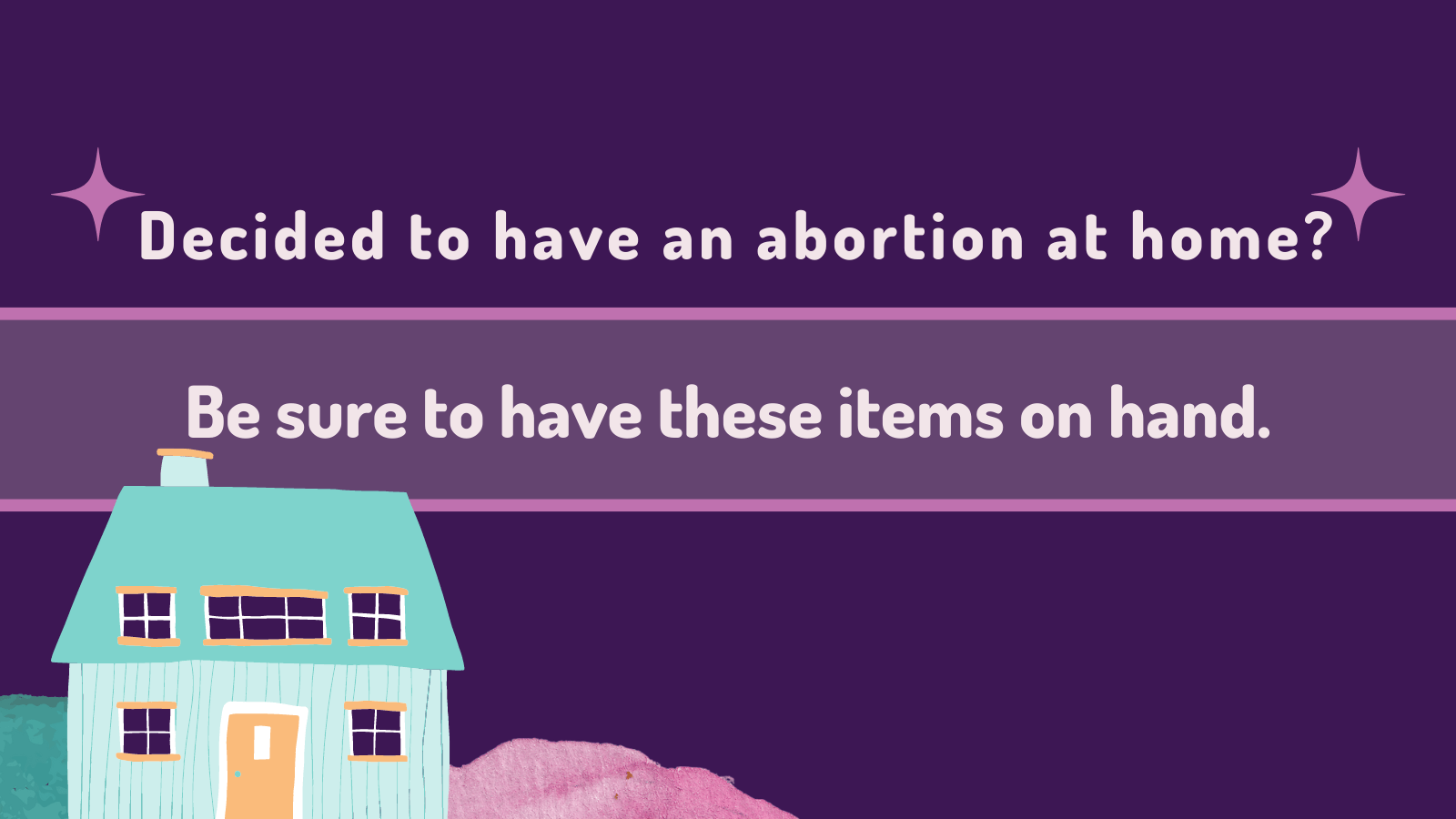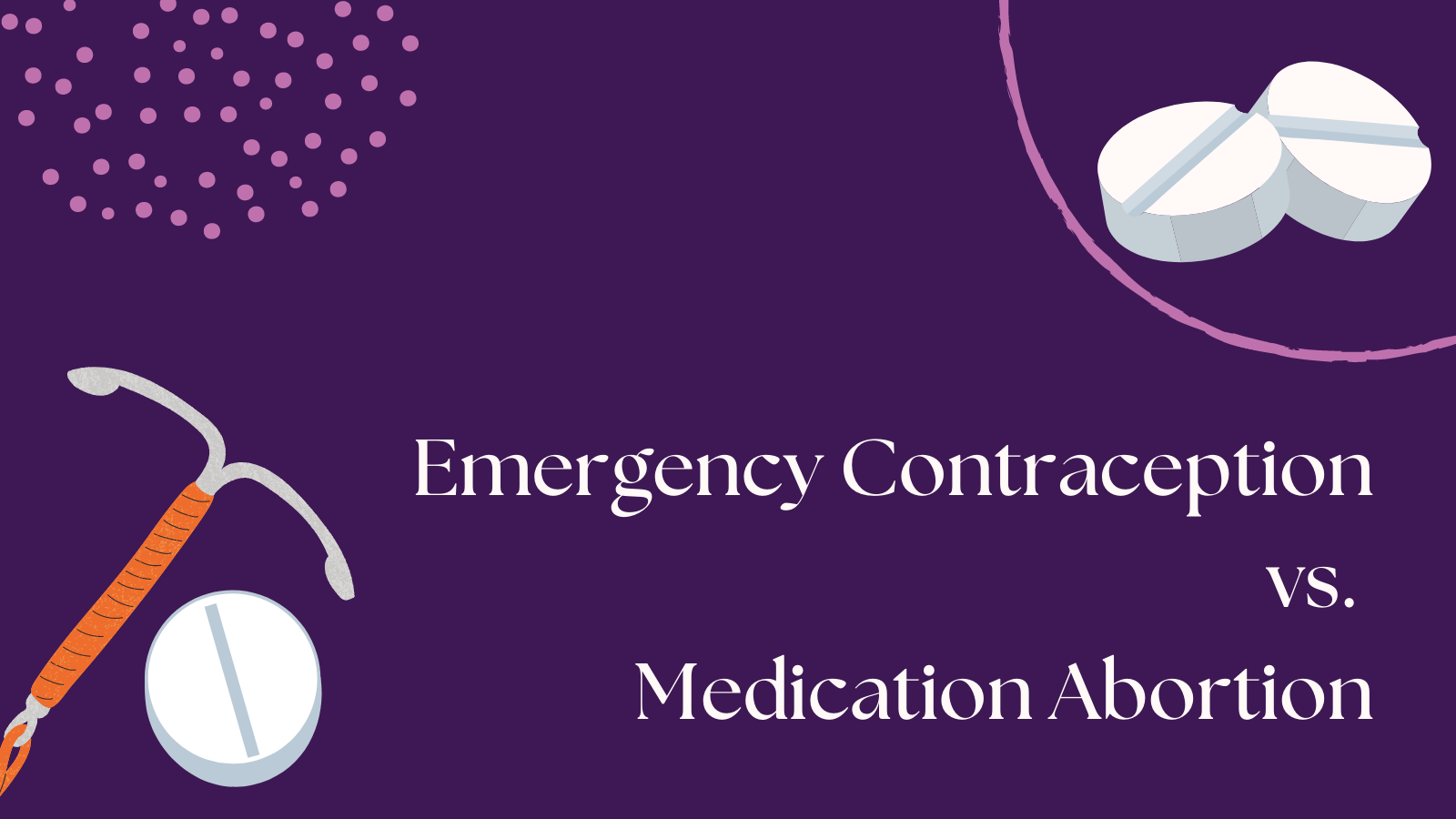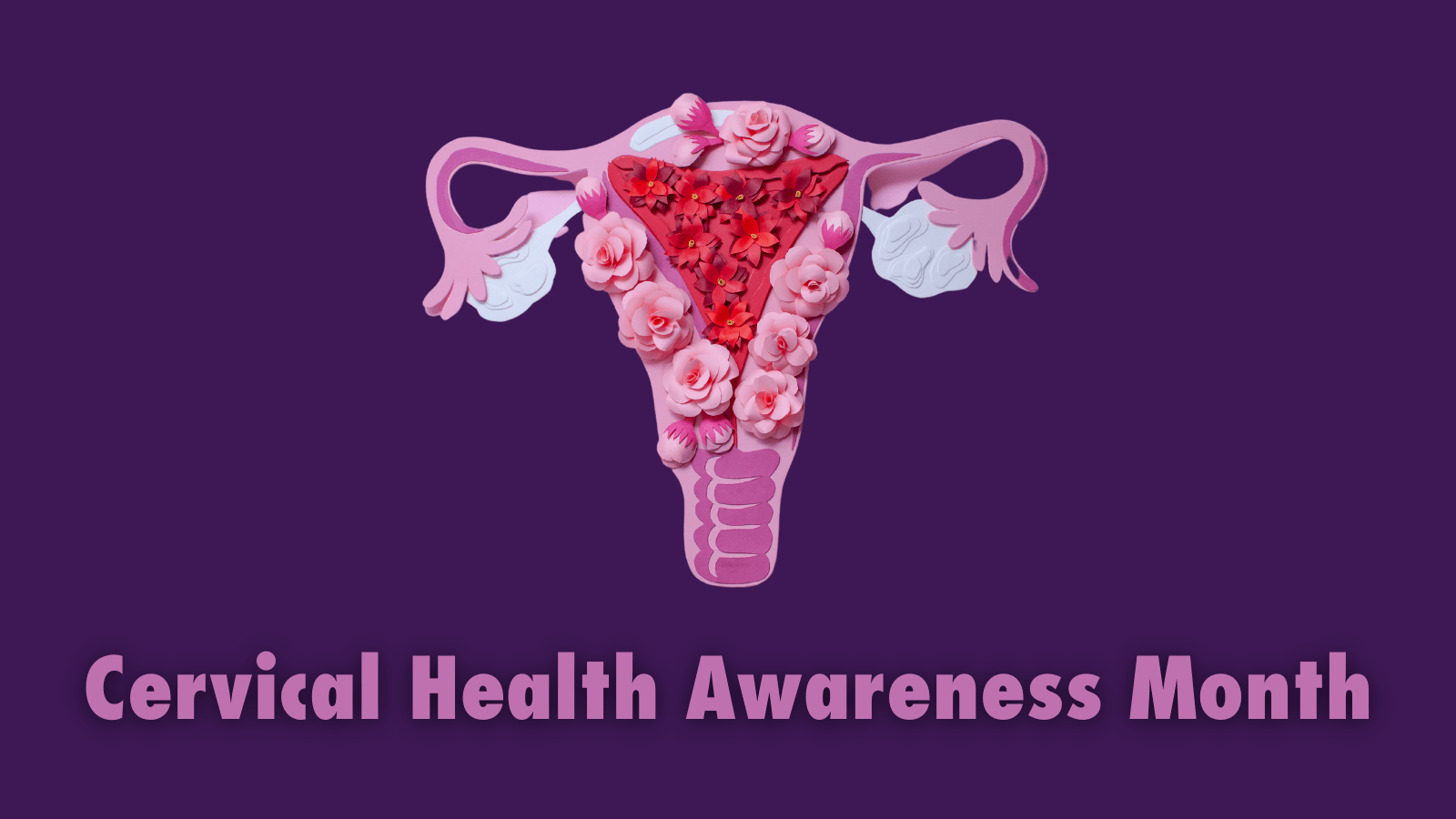The following was written by one of our abortion providers, Diane Horvath-Cosper, an obstetrician and gynecologist.
In a hotel conference room in Seattle, a hush fell over the group of about 200 medical students as Dr. George Tiller made his way to the podium to give his keynote address, wearing a button on his lapel that read: “Trust Women”. Maybe I had expected someone so courageous to be loud and outspoken; I was caught off guard by the softness of his voice and the gentle way he spoke about his work. He related story after story of patients who had found themselves in need of his care and who had had nowhere else to turn for help. It was easy to imagine him as an island of calm during stressful circumstances. His career, cut short by his murder at the hands of an anti-choice terrorist, was built around the words on his lapel pin: Trust Women. Trust women to be the experts on their own lives, to know what’s best for themselves and their families, and to make their own healthcare decisions.
His career, cut short by his murder at the hands of an anti-choice terrorist, was built around the words on his lapel pin: Trust Women. Trust women to be the experts on their own lives, to know what’s best for themselves and their families, and to make their own healthcare decisions.
Like Dr. Tiller, I became an abortion provider because I trust pregnant people to make the choices that best fit their needs and values. The decision to have an abortion can be easy or difficult or anywhere in between, but in every single case, it’s the pregnant person’s decision to make.
This job isn’t always easy – my colleagues and I face threats from extremists, excessive and medically unnecessary regulations that harm our patients, and alienation from friends and family who do not support our work. What makes it worth the struggle is the tangible, positive impact we make on the lives of our patients. I will never forget the first person I cared for during my family planning fellowship who reached out and gripped my hand as I was leaving the room after completing her abortion procedure, and with tears in her eyes, whispered, “You saved my life.”
After working in several other clinics in the 12 years since I graduated from medical school, I knew I wanted to work for an organization that shares my values and supports my advocacy for patients and colleagues.
Whole Woman’s Health recognizes that ongoing access to safe, compassionate abortion care isn’t possible unless we also actively engage in the political process in the courts and in the halls of government. Our fight extends well beyond abortion access – we must also advocate for better prenatal, birth, and postpartum care, affordable contraception that centers the needs of the patient, and the resources people need in order to raise their families in safe and healthy environments.
To truly align ourselves with the communities we serve, we need to recognize the intersections of race, gender, sexuality, age, ability, immigration status, and income, and understand how all of these factors and more impact our patients’ daily lives.
In a place like Baltimore, where abortion access enjoys sufficient legal protection but where children are still harmed by lead exposure, the maternal mortality rate is unacceptably high, and city residents are subject to systematized violence by institutions that are supposed to protect the public, we have a lot of work left to do.
As we approach the 9th anniversary of Dr. Tiller’s murder, I reflect on the importance of the work that we do at Whole Woman’s Health. Being able to decide if, when, and how to have a family helps people pursue educational opportunities, work their jobs, take care of the children they may already have, and realize their own hopes and dreams.
In addition to contraception, respectful pregnancy and birth care, and support for parenting, abortion services must always be an essential component of comprehensive, justice-based reproductive healthcare.
My patients trust me with some of the most intimate details of their lives and their bodies, during times when they may feel vulnerable and alone. As an abortion provider, my role is to provide safe, compassionate care in a stigma-free, shame-free environment, and to be worthy of the trust people have placed in me.



